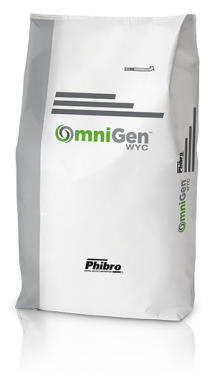Connecting the Dots Between Immunity and HBS Incidence
How Feeding OmniGen® Can Bolster Your Dairy Cattle’s Immune System to Better Defend Against Challenges.
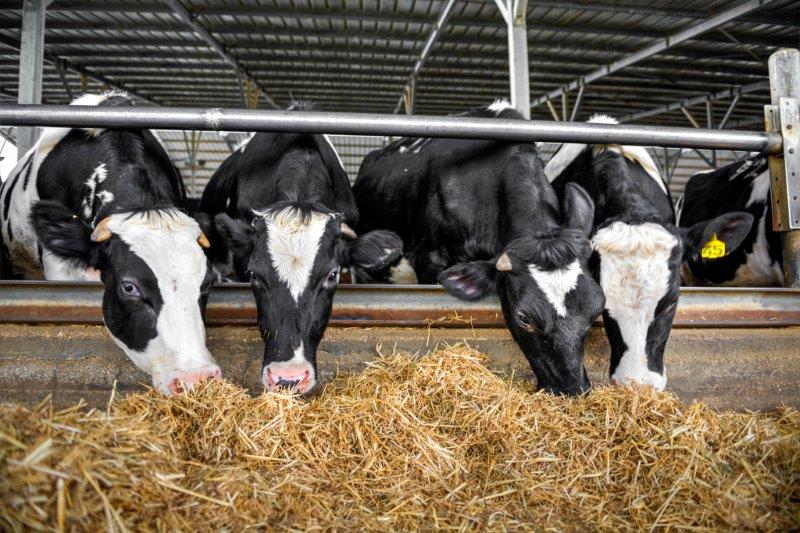
Hemorrhagic bowel syndrome (HBS) was first identified in the early 1990s — and today it remains a concerning and deadly intestinal syndrome that impacts dairy cows in the U.S. and around the world.
The often-deadly syndrome is most common in high-producing, multiparous dairy cows in their first 100 days in milk, although it can also occur in late lactation, during the dry period and even in primiparous cows. HBS can affect any breed, and producers are usually unaware it’s on their farm until a cow dies and there is a necropsy to confirm the diagnosis.
Dr. Scott Bascom, Ph.D., Executive Technical Services Manager, Phibro Animal Health Corporation, says that even 30 years after HBS was first identified in the U.S., much remains unknown about what causes some cows to develop HBS. “We do know that cases are more frequent following periods of stress, including calving,” he says. “Such stressors impact a cow’s immunity, and we know that an animal’s immune system is an important defense mechanism against HBS as well as several other syndromes and diseases.”
While it’s impossible to eliminate all environmental stressors, there are actions producers can take to reduce stress — and, in turn, reduce the likelihood of their herd being impacted by HBS.
NUTRITION: Bolster your herd’s immunity by feeding nutritional specialty products such as OmniGen. Improved immune function has been shown to minimize the impact of stress, reducing health incidence and keeping cows more productive. Feed cows consistently, giving them plenty of fiber and limit spoilage.
MANAGEMENT: Minimize stressors by ensuring your cows are comfortable and have at least 24 inches of bunk space and plenty of opportunity to lay down. Handle and store feed properly and make sure feedstuffs are free of mold and mycotoxins.
AWARENESS: While diagnosing HBS can be challenging, given the fact that many of its symptoms mimic symptoms of other disorders, be on the lookout for signs of dehydration, decreased DMI, lower production, abdominal distension, dark feces or sudden depression. A combination of these symptoms could be an early indicator of HBS.
INVESTIGATION: It’s important to determine why cows are dying, and to confirm or rule out HBS as the cause. Dr. Bascom advises producers to perform a necropsy to determine cause of death.
There are still many unknowns about HBS, but when it comes to managing your dairy herd, knowledge is power. “Learn the causes behind a cow death and manage symptoms from there,” advises Dr. Bascom. “By recognizing and managing stressors, you better equip your cows to handle stress — and that’s a very powerful defense against HBS.”
Visit www.theOmniGenDifference.com or contact your local Phibro representative to learn more.
OG740721GLB ©2022 Phibro Animal Health Corporation. Phibro, Phibro logo design, Healthy Animals. Healthy Food. Healthy World. and OmniGen are trademarks owned by or licensed to Phibro Animal Health Corporation or its affiliates.
Dairy Cattle Products
How Feeding OmniGen® Can Bolster Your Dairy Cattle’s Immune System to Better Defend Against Challenges.





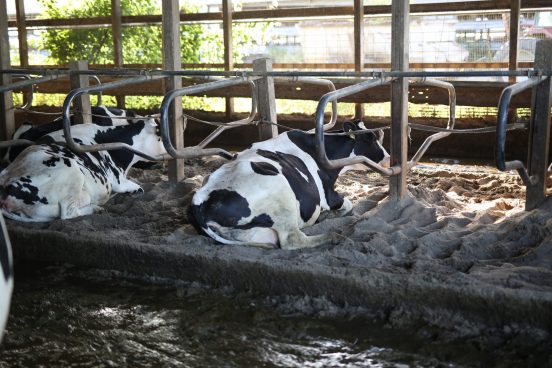
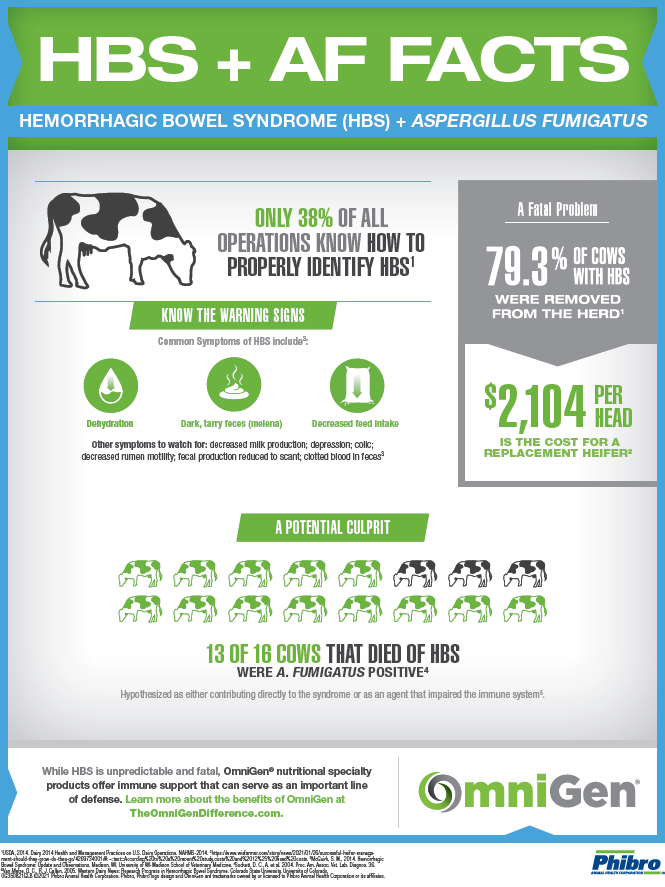
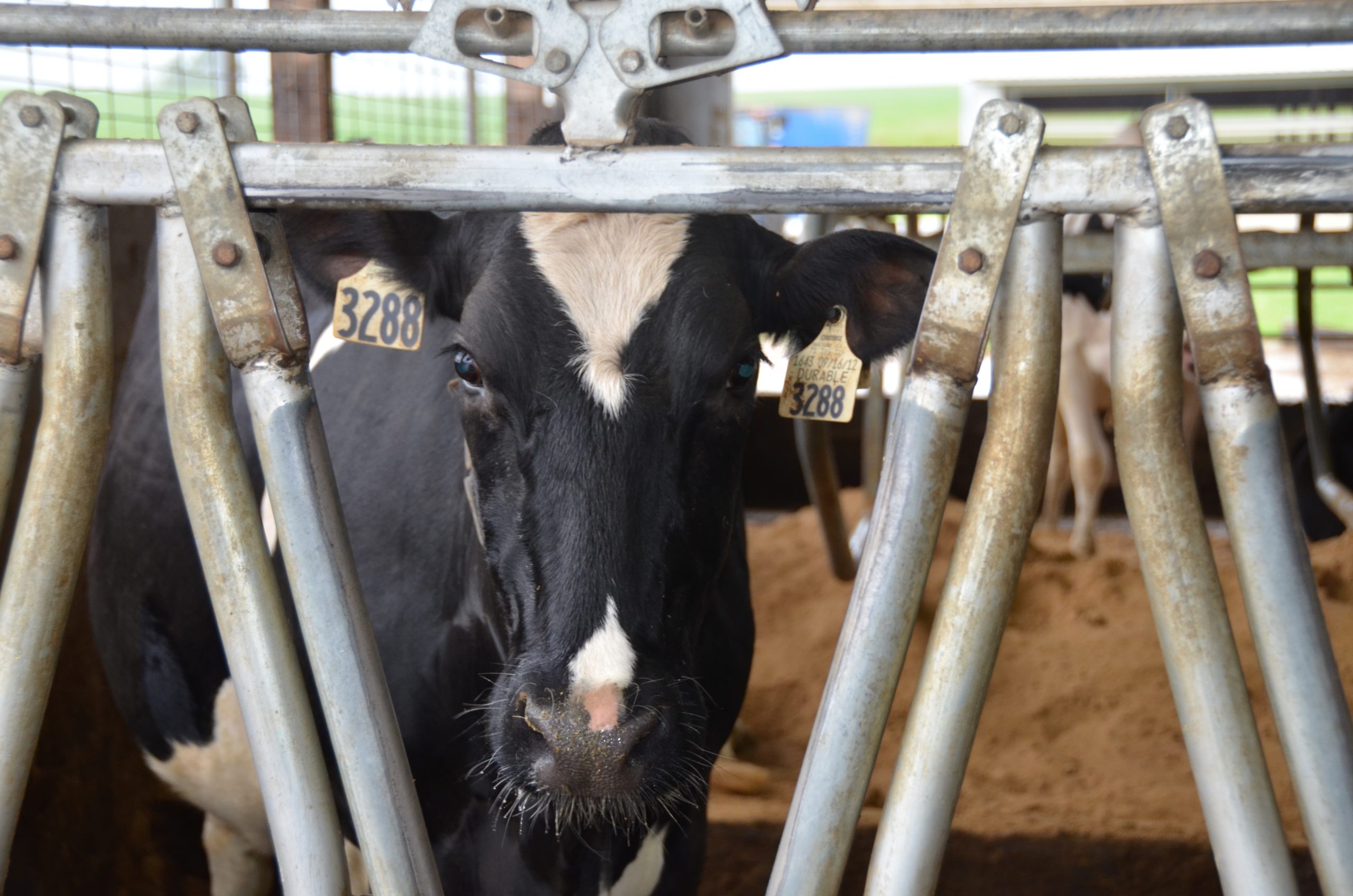
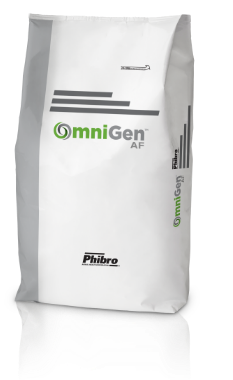
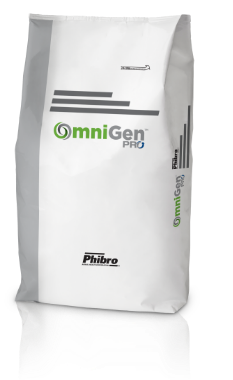
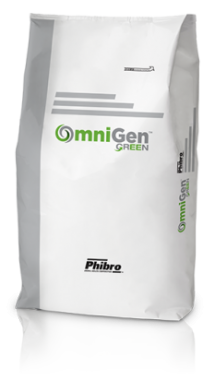
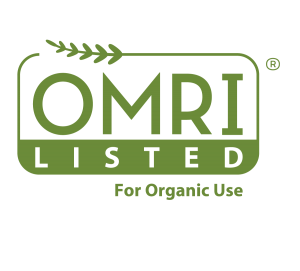 OmniGen Green is Organic Material Review Institute (OMRI) listed.
OmniGen Green is Organic Material Review Institute (OMRI) listed.